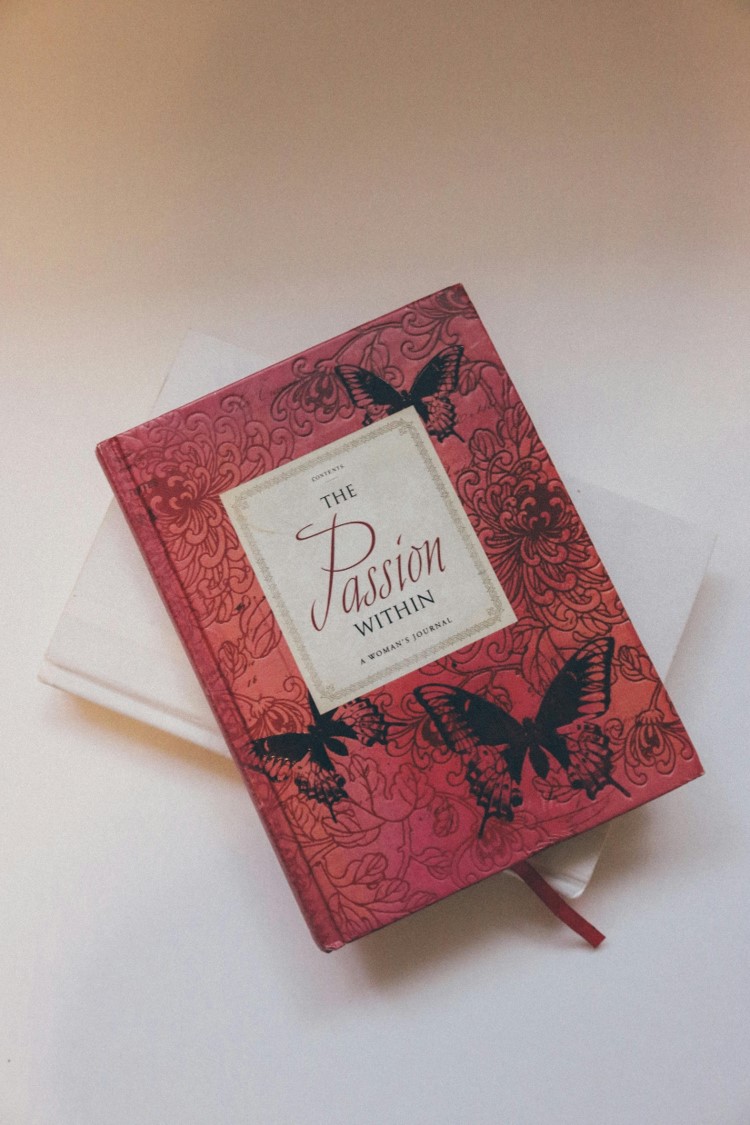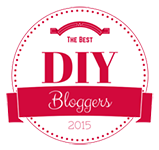As an author, you have many decisions to make while creating a book. From the idea to the execution and, most importantly, the publishing process. Deciding on these means, you’ll need to consider several vital aspects.
One crucial thing you’ll need to consider is which format you want your book published in. You can choose a digital option or an old-school printed option.
Both have pros and cons and understanding them can help you make a better decision. This guide helps you do just that.
Understand your Audience
Before you start thinking about which publisher or platform to use, you’ll need to consider your book's target audience. Some readers still prefer the physical touch of a printed book, while others are modernized and use digital readers. Both options are good, but they don’t cover all potential readers.
This is why you should consider which option will get you more readers. Today's younger generation usually uses the digital option as it’s a bit more convenient. On the other hand, the older generation still prefers printed books, which are still the more popular choice. Doing a survey can help you with this decision as you’ll see which type will get more readers.

Think about Your Budget
Publishing a book isn’t free, meaning you’ll need to consider how much you’re willing to spend on your book. A printed book usually costs more because it’s a physical product that needs to be created and distributed. The fees are much lower for the digital one because it remains in a digital format.
While this may go against the survey you did, going for the digital version if you’re on a tight budget may be a wise choice. You’re saving money and hope enough readers will be interested in your eBook. With that said, if you get enough people to buy the digital book, you may save enough money for a printed option.
Distribution is Essential
The book's distribution is closely related to the budget, but you’ll need to consider it when choosing the format. A digital book can be distributed worldwide in seconds, while a printed one requires a lot more logistical effort, meaning it will take time for the book to reach the shelves.
While this decision will depend on how much you’re willing to spend on publishing, other factors can also influence it. The target group will be one, and the presence will be another. Aiming for a strong local presence in bookstores means you should consider going for the printed version.

Consider Your Marketing Options
Spreading the word about your new book means you’ll need to think about potential marketing strategies. That said, they will vary depending on your chosen format. Both options offer unique opportunities, so making the right decision is crucial.
If you want an option to adjust prices or offer discounts with a click of a button, you should consider a digital format. This is especially true if you use the self-publishing options, giving you full control over everything. The best part is that you can create bundles with other products or books.
The printed versions won’t offer this kind of flexibility, but it opens the door for other marketing options. Organizing book signings or readings can be a great way to spread the word about your new book. You can also attend local events, which are essentially networking sessions with potential readers.
Regardless of which format you choose for your book, one thing you should always consider is online marketing. Social media and email marketing are the most common and effective ways to spread the word. It doesn’t matter if you want to inform everyone about your book signing session or that your eBook is at a discount – online marketing is important.

Author Control and Rights
Whenever you write a book and get it published, you have a certain amount of control over your work. The most important thing to note is that the control you have when comparing these two formats is different.
Many authors prefer the digital format through self-publishing platforms because it gives them full control over everything. You can set the price, discount, distribution, marketing strategy, and everything else you can think of.
On the other hand, working with a publisher or a company won’t give you the same amount of freedom. Yes, you have less work related to publishing and distributing the book, but you also don’t have as much control over it.
Thanks to modern technology advancements, authors can choose between multiple formats for their book publishing endeavors. Knowing both sides is essential to making the best decision for them.
















